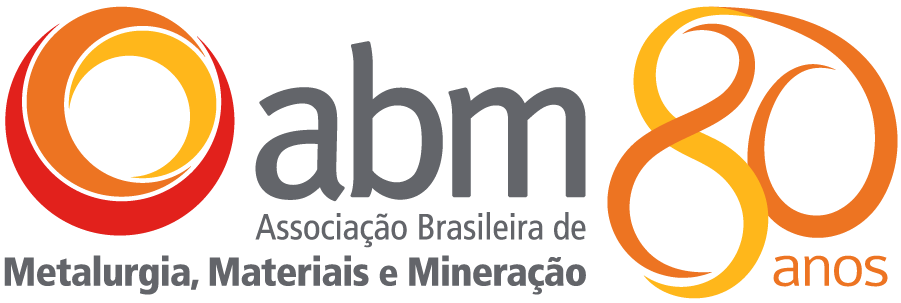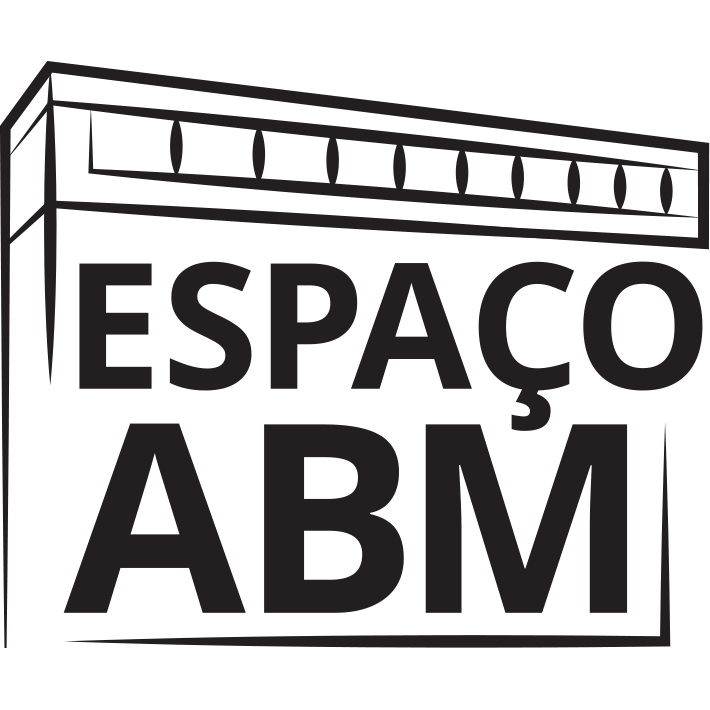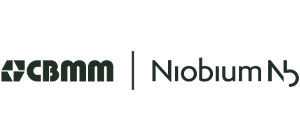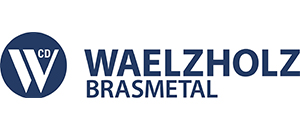Transition to low-carbon economy in the mining and steel industry will be one of the core topics during ABM WEEK, 6th edition
Accelerated climate change and its increasingly devastating impact have led countries and organizations to establish commitments to gradually reducing carbon emissions and adopting sustainable practices in all production chains. The mining and steel industries have played their part in this process.
In its 6th edition, ABM WEEK will feature several events to discuss ways to implement more sustainable practices. Executives from some of the industry’s major players will address the transformations they have gone through over the past few years to adapt themselves to the new reality. Research & development experts and academic researchers will present technological innovations that reduce CO2 emissions and increase energy efficiency.
“We’ll have opportunities to address sustainability-related topics on different occasions throughout the week. This agenda has gained momentum in Brazil, especially in recent years,” points out Valdomiro Roman da Silva, ABM’s (Brazilian Metallurgy, Materials and Mining Association) competence development director.
Sustainability will already be in the spotlight during the pre-event on June 6. The workshop on Circular Economy in the Mining Industry – Business Model-Based Solutions, which will be held at the IPT (Technological Research Institute), will bring together researchers, industry executives, and government technicians to discuss how to mitigate the mining tailings issue.
It will also be the core theme of the 4th EMECR – International Conference on Energy and Material Efficiency and CO2 Reduction in the Steel Industry 2022, to be held for the first time in Brazil. It will bring together some of the steel industry’s top technicians and researchers to discuss technological solutions to increase the efficiency in production processes and reduce energy consumption and carbon emissions.
On June 7, the Leaders Forum will gather CEOs and directors of major mining and steel players to talk about challenges and risks brought by the ESG agenda (an acronym for environmental, social, and governance) in Brazil and abroad. Regulatory and market pressures, which have led many companies to adhere to sustainability principles, will stand out.
Sustainability will also be among the topics addressed at the Mining and Steel Industry plenary session: Vision of Brazilians residing abroad (June 8) and at the ABM WEEK round tables and panels (click here for the full program).
Good practices
José Noldin, chairman of the 4th EMECR, is of the opinion that the sustainability agenda will soon become a matter of mandatory, prompt implementation throughout the mining, metals, and materials industries.
“The legislation is already there and customers tend to no longer buy products that are not sustainable. This will happen suddenly, which requires the companies to be well-prepared for it,” he says.
In such a scenario, the ABM WEEK events will also provide participants with a great opportunity for benchmarking and getting acquainted with good practices adopted by organizations that are at the forefront of the process.
ArcelorMittal, host of the 4th EMECR, is one of them. The company has adopted sustainability in its broadest sense as a fundamental part of its business over the last decade, as explained by Guilherme Abreu, general manager of Institutional Relations and Sustainability at ArcelorMittal Brasil.
“Six years ago, the company made the decision to set out ten sustainability guidelines, broken down into actions, plans, and programs, making such practices an integral part of our daily lives,” Abreu explains.
These principles address safety and quality issues, sustainability attributes of products, environmental impacts on the atmosphere and water, waste generation, use of natural resources, climate change, and new technologies to support such transformations.
Abreu adds that ArcelorMittal adhered to the ResponsibleSteel certification process to make sure the necessary changes were actually implemented and properly evaluated.
“We’ve reached a point in which saying a company is sustainable because it carries out sustainable actions is no longer enough. It should go through specific assessments developed over the past few years. In our case, ResponsibleSteel seemed be the most suitable one,” he points out.
According to Abreu, ArcelorMittal has made a commitment to neutralizing carbon emissions in all its plants worldwide by 2050.
“We must have reduced emissions by 25% by 2030. This commitment entails improving existing technologies and creating new ones. For instance, we need methodologies that allow using hydrogen instead of carbon as a reducing agent in the process,” he adds.
ArcelorMittal has invested heavily in technology research & development, having set up €100 million/year fund specifically to finance companies creating disruptive solutions, Abreu says.
The 6th ABM WEEK is hosted by Gerdau and is sponsored by the following companies: Açokorte, Alkegen, Amepa GmbH, Aperam, ArcelorMittal, Atomat Services, AutoForm, BM Group/Polytec,BRC, BR Event Materials ,CBMM, Combustol, Clariant, Danieli, Dassault Systèmes, DME Engenharia, Eirich, Enacom, Engineering, Evonik, Fosbel, GSI, Harsco, Hatch/CISDI, Ibar, Imerys, IMS Messsysteme GmbH, Isra Vision Parsytec, John Cockerill Industry, Kuttner, Metso Outotec, Nalco Water/Ecolab, Nouryon, Primetals Technologies, PSI Metals, Reframax , RHI Magnesita, Saint-Gobain, SMS Group Paul Wurth/ Vetta, Spraying Systems, Suez, SunCoke, Tecnosulfur, Ternium, Timken, Thermo Fischer, TopSolid, TRB, Unimetal, Usiminas, Vale, Vamtec, Vesuvius, Villares Metals, Wallonia.be (ADI – Industrial Services, John Cockerill Hydrogen, BorderSystem, Datanet International, Synthetis e PEPITe), White Martins, e Yellow Solution.Special support: CNPq. Institutional support: Abal, Abendi, Abifa, AIST, AIST Mena, Alacero, CBCA, Ibram, Icz, Instituto Aço Brasil, CIMM, Ind4.0.




















Deixe seu comentário